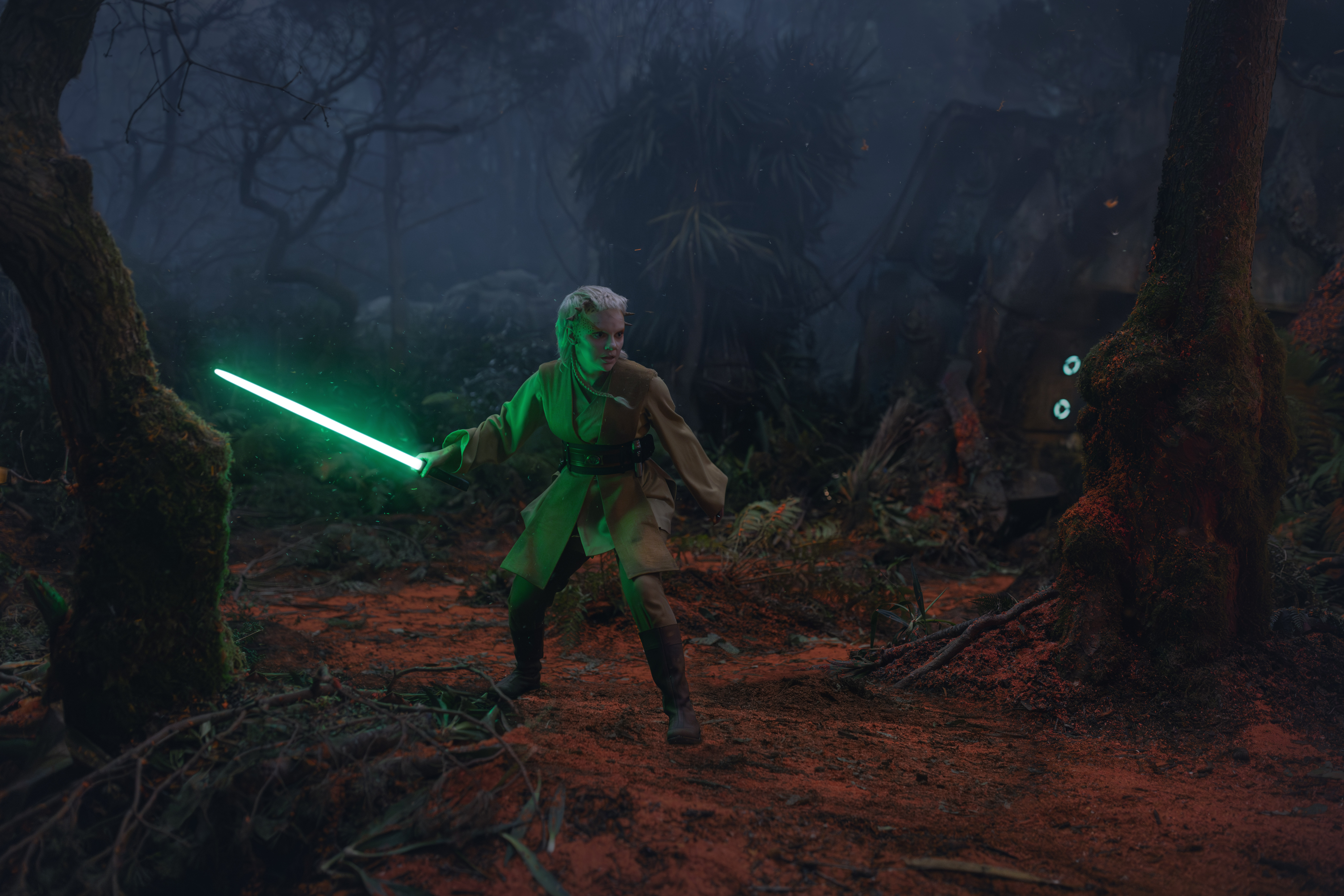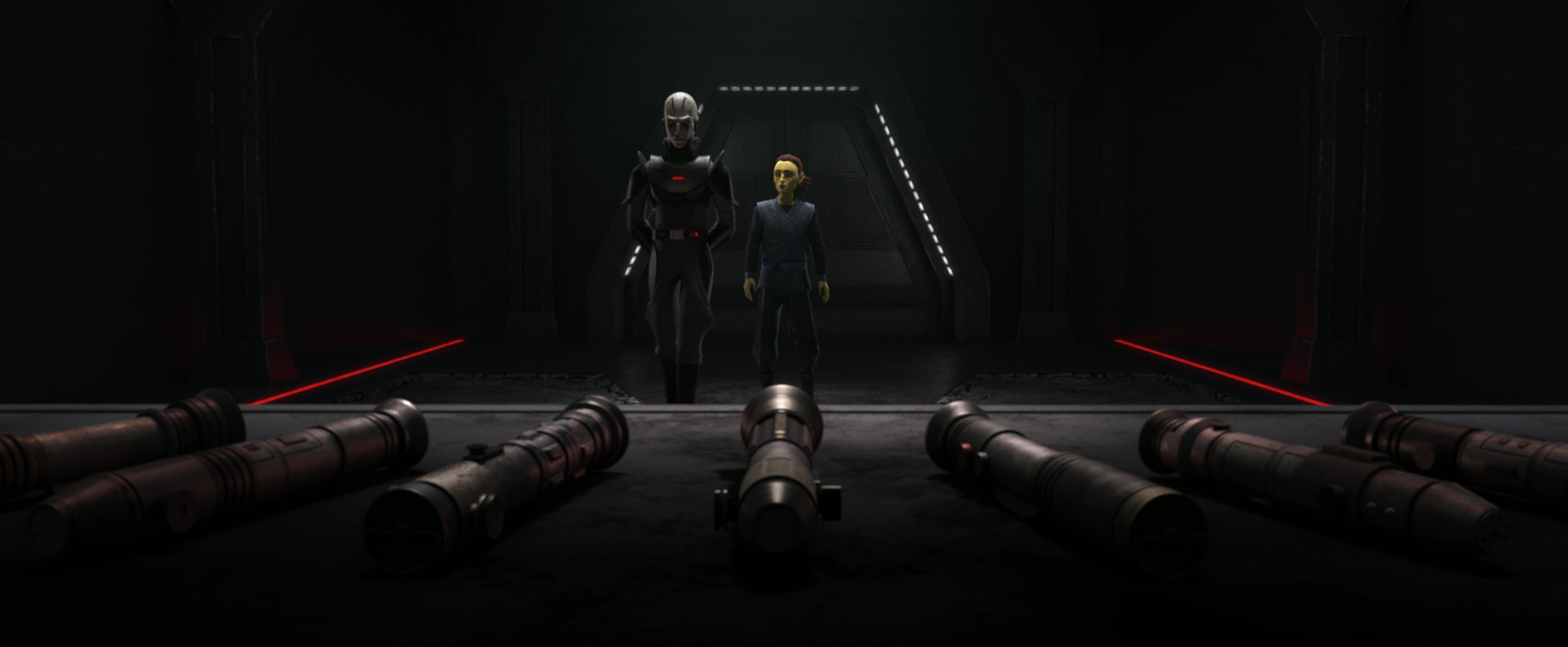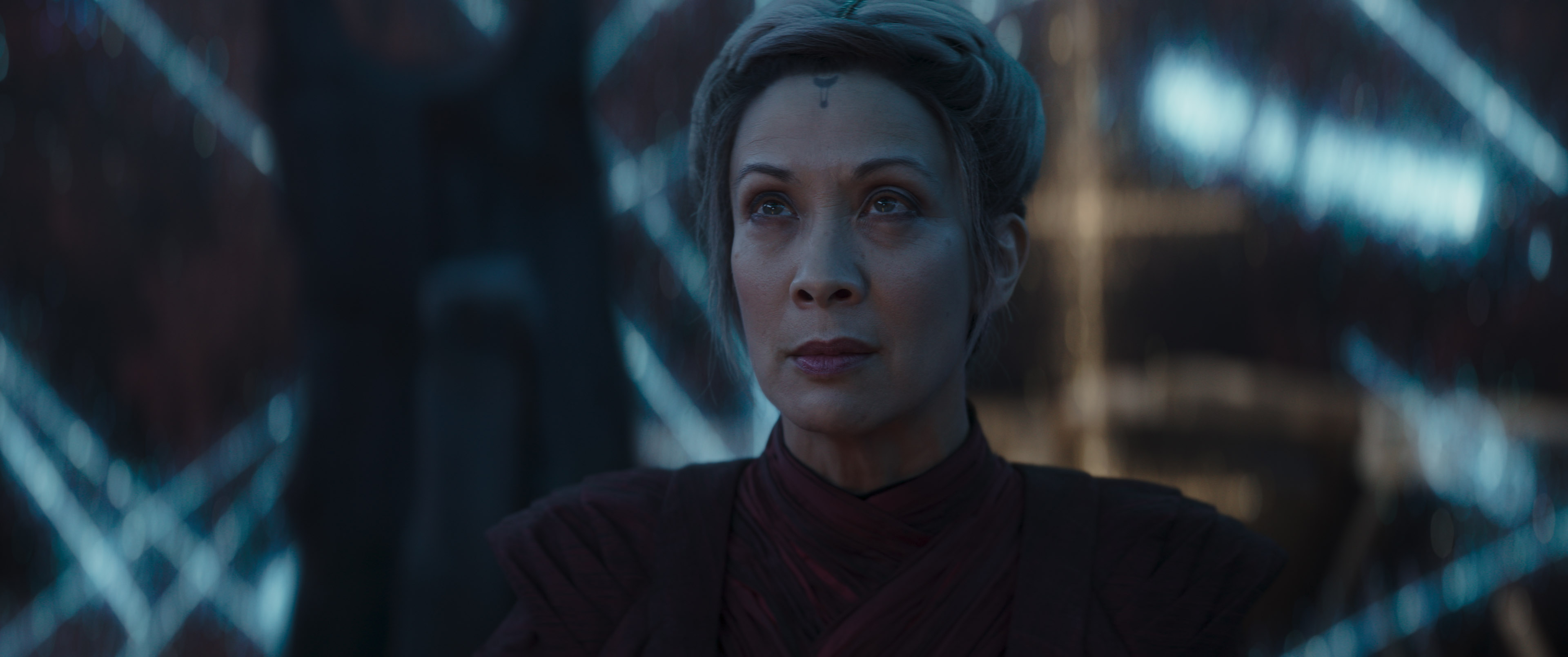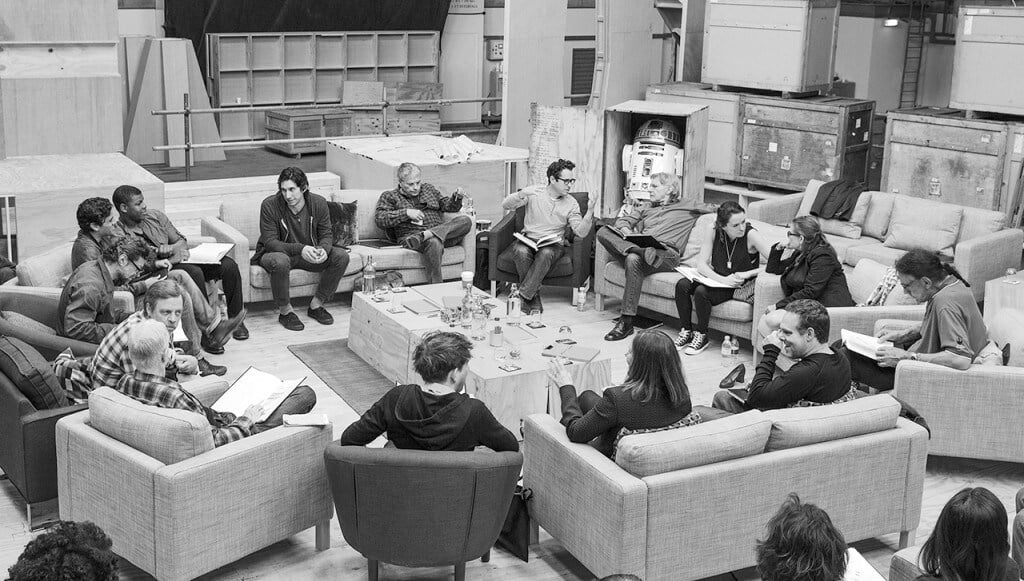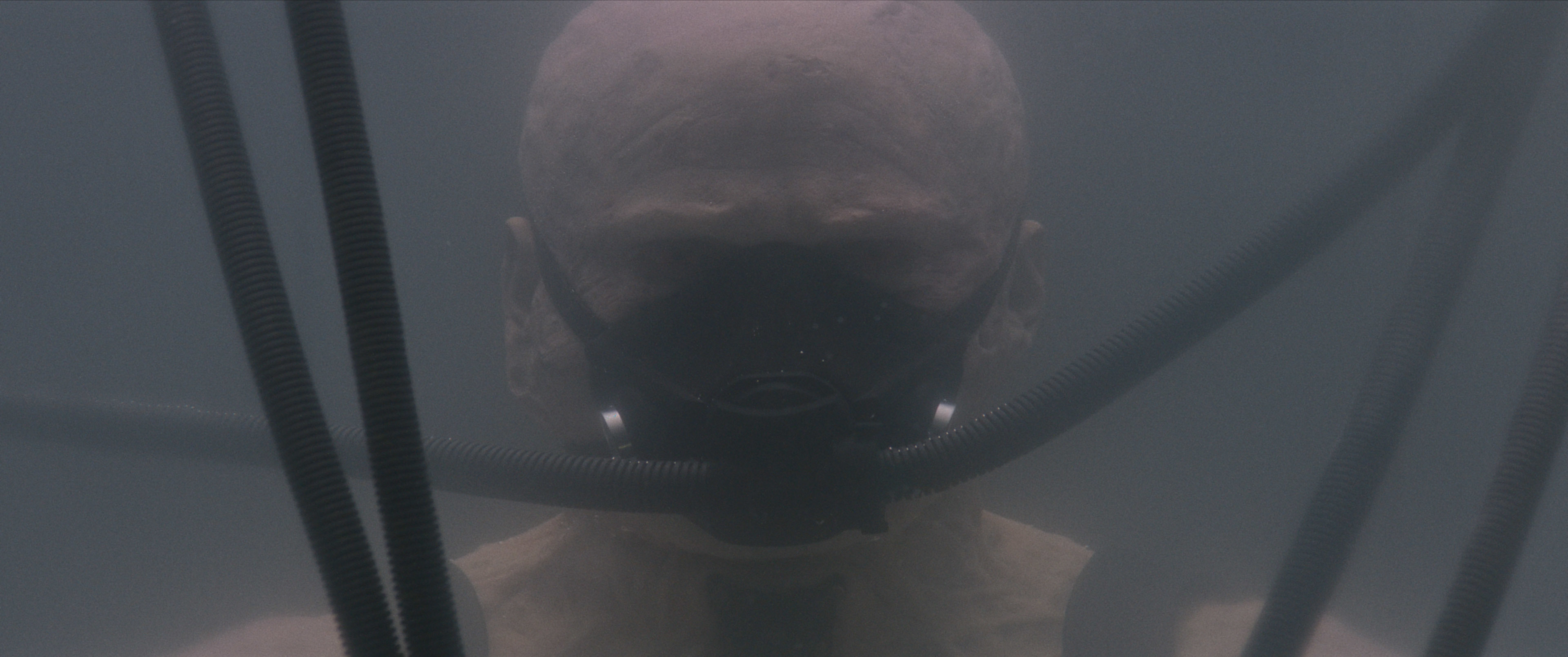Tom Cruise Pressured Both Sides of the SAG-AFTRA Strike, Asking Studios To Act On AI and the Guild To Allow Actors To Promote Movies
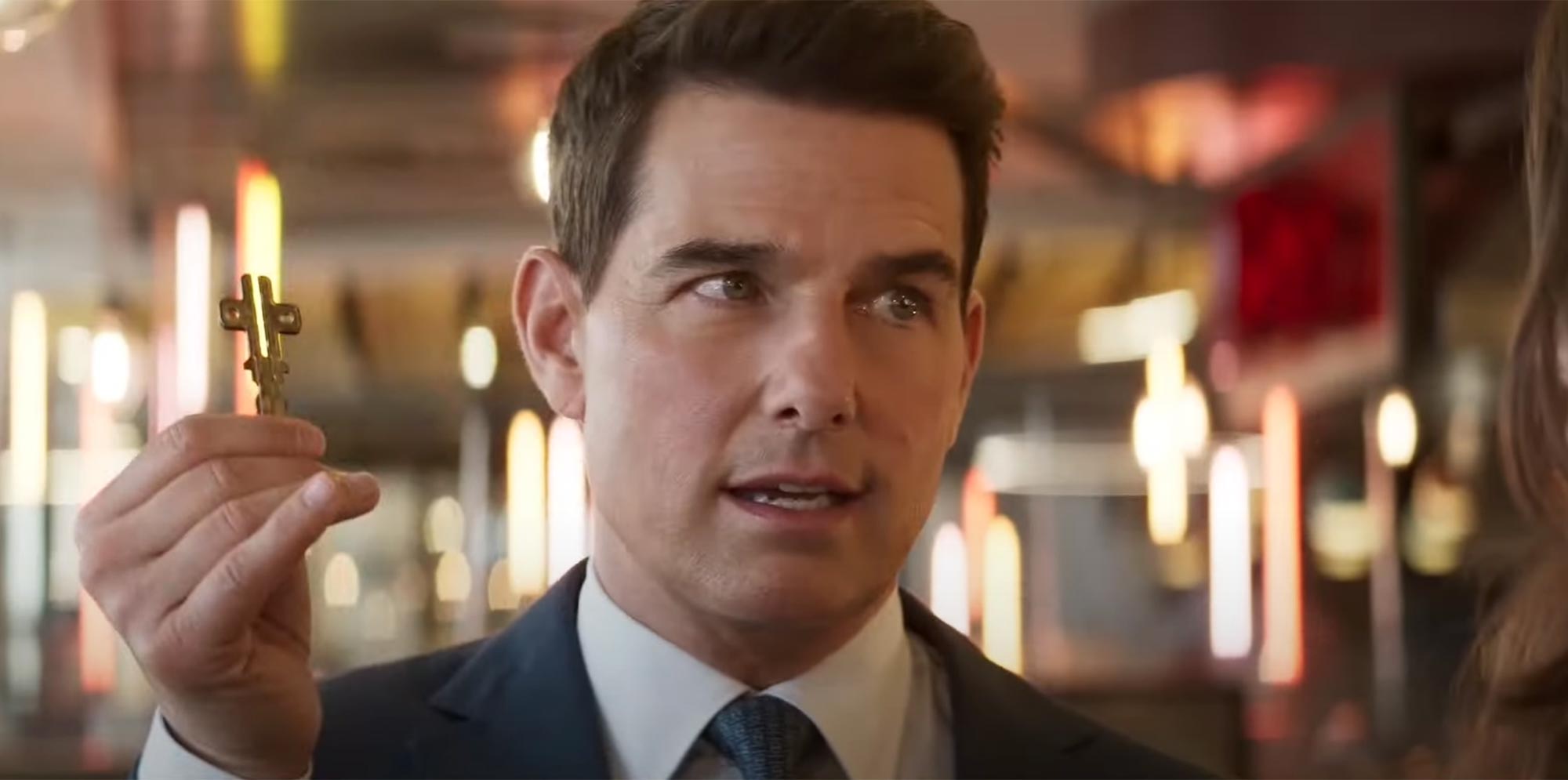
Tom Cruise in ‘Mission: Impossible — Dead Reckoning Part One’. Image courtesy of Paramount Pictures.
A new story by The Hollywood Reporter has revealed Tom Cruise’s stance on the SAG-AFTRA strike that was announced last week, as well as some of the actions that the Mission: Impossible star took to leverage the situation.
According to the trade, Cruise would have called into a meeting with big studio heads mid-June to ask them to listen to the actors’ concerns on artificial intelligence, and side with their requests. SAG-AFTRA is not asking for a total rejection of AI, but rather fair use and compensation whenever it’s utilized, which the studios repeatedly rejected, as the guild’s lead negotiator Duncan Crabtree-Ireland revealed during the fiery Thursday press conference. The studio’s latest proposal would have allowed background actors to be scanned and their likeness used for all of eternity by them, with no extra compensation after the studios paid them for one day’s work.
Cruise also asked the studio to consider the guild’s requests on stunt performers. Nothing comes off as uncharacteristic of the larger-than-life actor, who believes in the movie business more than anyone has ever believed in anything, and whose latest installment is a years-in-the-making coincidentally-timely commentary on where 2023 is at. Mission: Impossible — Dead Reckoning Part One is definitely a warning sign for Hollywood and our entire society, and one that the AMPTP doesn’t seem willing to listen to.
But Cruise also sided with the studios on another matter. As SAG-AFTRA President Fran Drescher let slip during the aforementioned press conference, it seems like the studios asked for a 12-day deadline extension not to come back with a new proposal, but to buy themselves some time to promote the summer movies. After all, the extension ended the day Dead Reckoning Part One landed in theaters, and after how many Barbie and Oppenheimer premieres and junket interviews? Yet the negotiating table saw no new proposal. This is because, under strike rules, actors are not allowed to participate in any promotional campaign for any movie that has been made under the current or any past contract. This ranges from sharing a new trailer on social media to walking the red carpet and talking to the press about Oppenheimer.
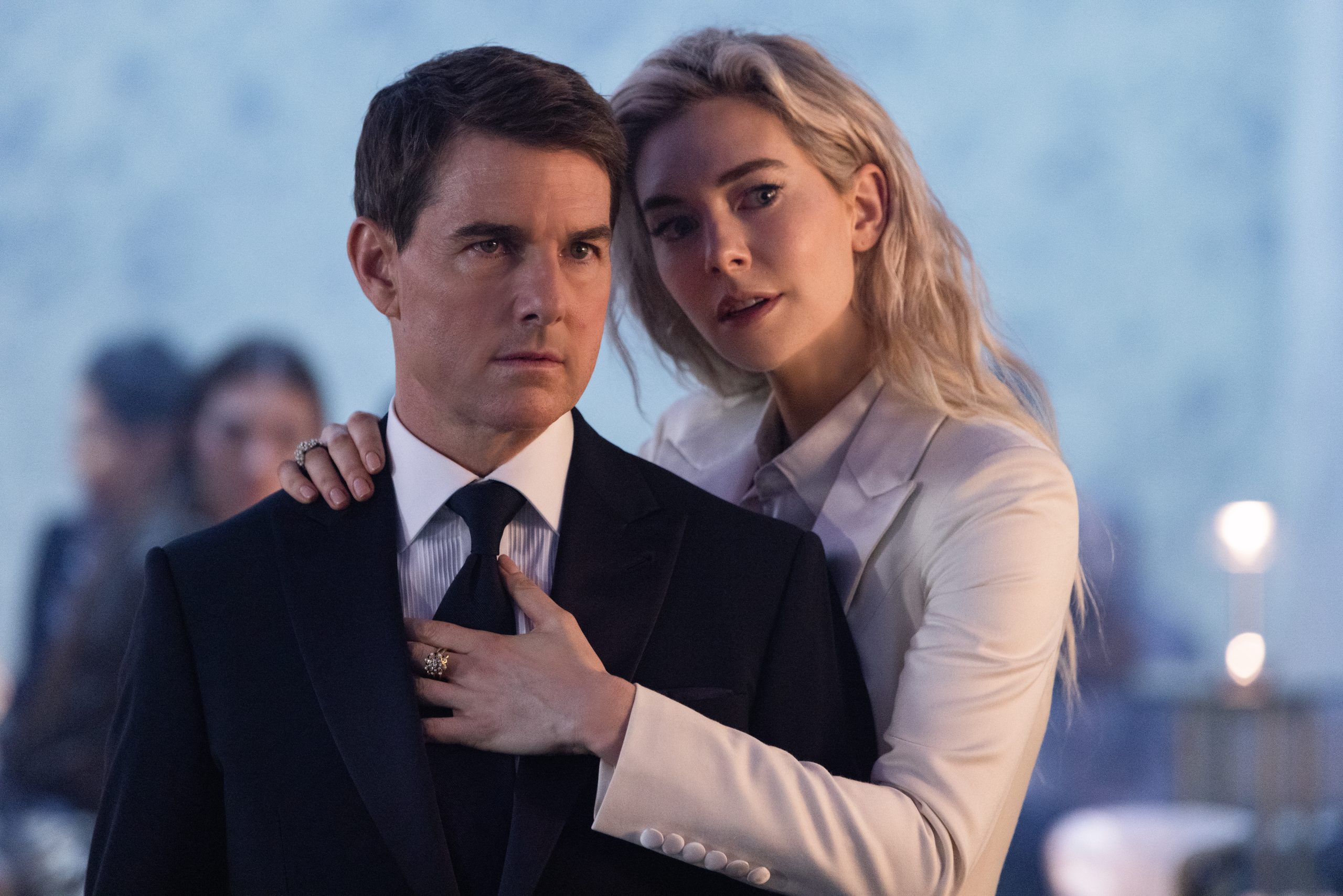
(L-R) Tom Cruise as Ethan Hunt and Vanessa Kirby as The White Widow in Paramount Pictures’ Mission: Impossible — Dead Reckoning Part One.
And Tom Cruise, who so passionately believes in the business, wasn’t a big fan of this bullet point. According to The Hollywood Reporter, he would have asked the guild to allow for the actors to promote the movies, which is also a big part of how the actors build their reputation, not just the movies’, and also because of the fragile state that the business is in right now. As one can imagine, having such a prominent figure arguing against their own team was not the most pleasant conversation to be a part of, with one member present during the discussions calling it “uncomfortable” to THR.
The trade says that no other big-name actor was present during the negotiations, and that Cruise’s involvement was allowed under a clause inside the guild’s rules where performers with a certain area of expertise in a specific subject can come in and give their own input.
Tom Cruise is directly impacted by the strike, as he still has a few weeks left of shooting on Mission: Impossible — Dead Reckoning Part Two, which is due out next June (not anymore, probably).
Miguel Fernández is a Spanish student that has movies as his second passion in life. His favorite movie of all time is The Lord of the Rings, but he is also a huge Star Wars fan. However, fantasy movies are not his only cup of tea, as authors like Scorsese, Fincher, Kubrick or Hitchcock have been an obsession for him since he started to understand the language of filmmaking. He is that guy who will watch a black and white movie, just because it is in black and white.


